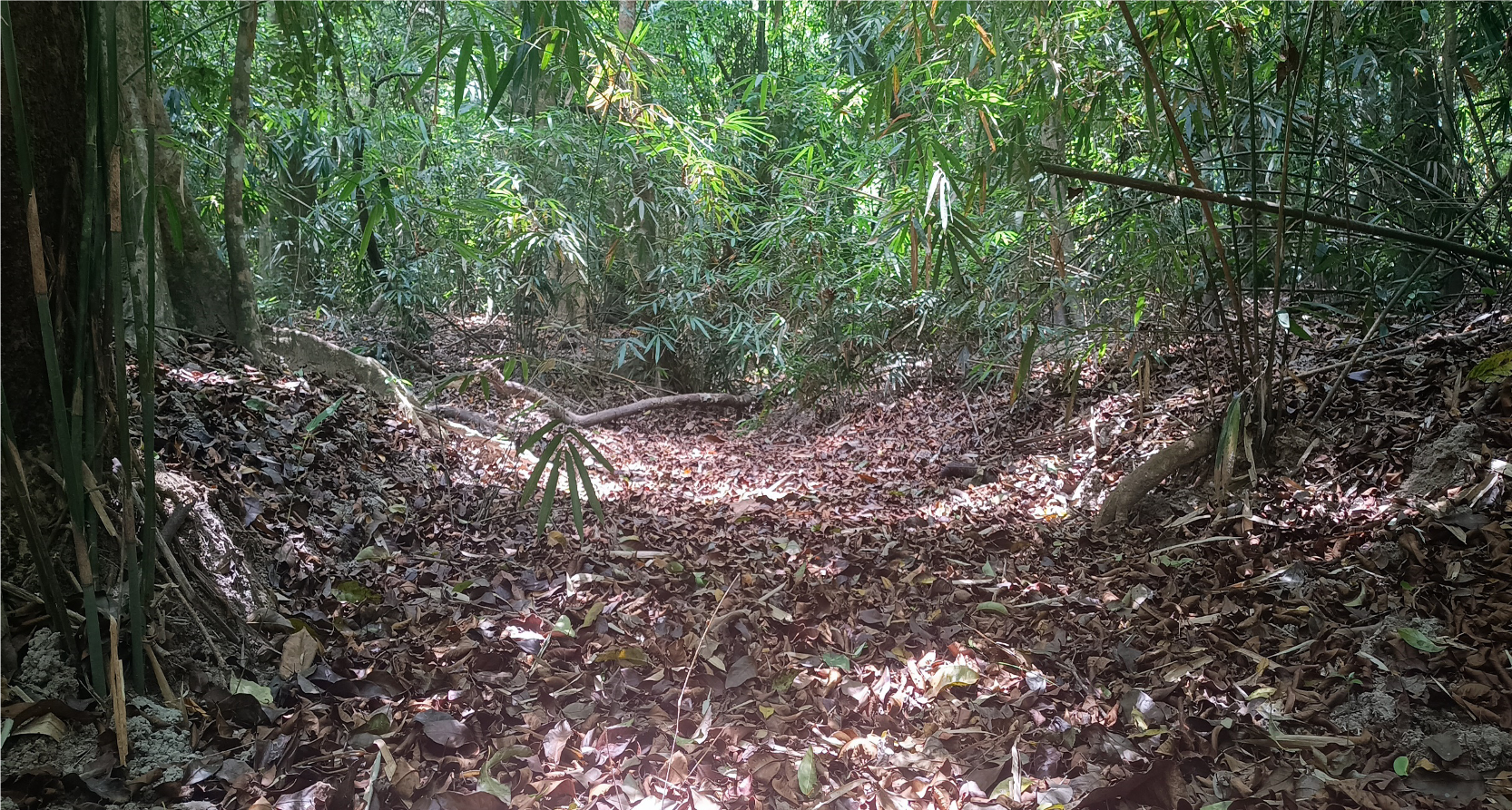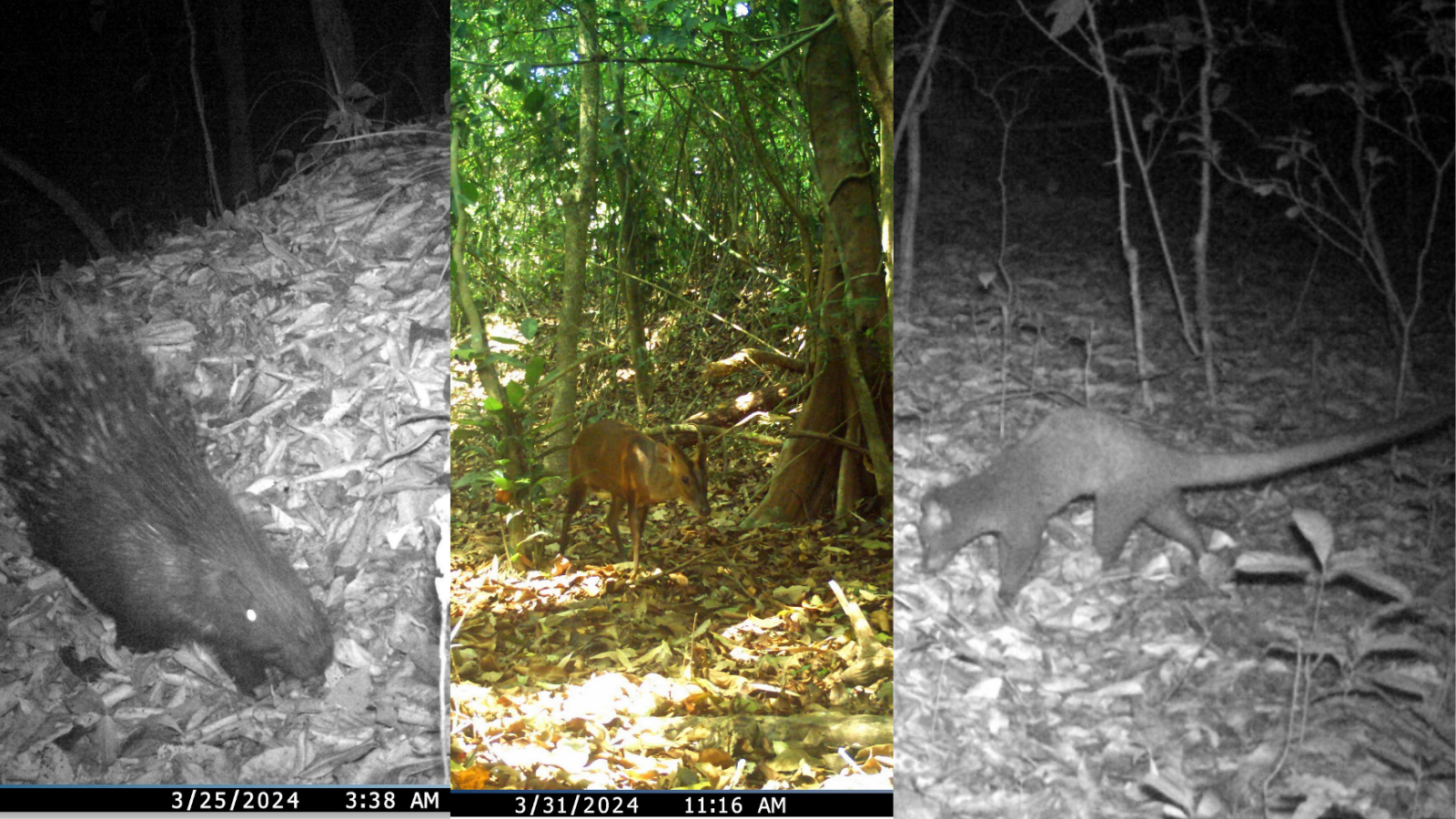A large tract of uncultivated land near Western Ghats has been made available to the National Centre for Biological Sciences for Ecology and Biodiversity Research and long-term monitoring of biodiversity vis a vis climate change.
"We have always wanted to find a use for this land that preserves it for Coorg and protects the environment. We couldn't have hoped for a better partner than NCBS to be its steward. Knowing that this forest will support long-term ecological research is very exciting” said the donor explaining their motivation to dedicate this land for research.
NCBS-TIFR will set up a field station for long-term monitoring of flora and fauna vis-a-vis climate change. NCBS has immensely contributed to ecology research bringing the biodiversity of India to international prominence and has been a major voice in issues of biodiversity conservation and sustainable co-existence.
“The field will be made available for the larger community of ecologists and wildlife biologists in the region for their studies on biodiversity and conservation” said Prof LS Shashidhara, Director NCBS-TIFR, while thanking the donor and their family on behalf of all those who are working towards conserving natural habitats.
NCBS-TIFR announced this amid a meeting of ecologists and wildlife biologists from academia, govt organisations and NGOs across Bengaluru and Mysore regions. The meeting was aimed at fostering collaborative ecological research and exploring ways to establish long-term ecological monitoring in the country.
During the meeting, the group focussed on locating crucial spaces to set up long-term monitoring programs, indicative parameters and, finding sources of funding for such initiatives. The discussion and suggestions also included the need for capacity building and training that ensures the availability of trained personnel for continuous monitoring of Indian biodiversity for decades to come.

"Environmental issues seem to surround us. To address these we must adopt sustainable practices, but also deepen our understanding of nature: how will it change, and how can it mitigate ongoing negative global effects. Only long-term studies allow such understanding. This required long-term access to parcels of land in biodiversity hotspots like the western ghats. We at NCBS are thrilled with this opportunity to be custodians of and work with this land parcel. We hope to contribute to scientific understanding" said Prof Uma Ramakrishnan, a well-known population geneticist working on the conservation of endangered species.
"With the lack of commitment to ecological monitoring and serious ecological stresses on the Indian sub-continent, long-term ecological monitoring of changes in ecosystems and biodiversity in vulnerable hotspots of extreme biological diversity becomes more than an imperative. The development of field infrastructure for the collection of high-quality data and the sustenance of long-term monitoring initiatives was given a great fillip when NCBS was provided a long-term lease of near pristine forest land abutting a protected area by a family who is deeply committed to the sustainability of our ecosystems. We are hopeful that with this type of citizen-driven partnerships with public institutions, we can build long-term ecological and biodiversity monitoring sites to better understand climate and anthropogenic changes in our country" said Prof Satyajit Mayor who was instrumental in building this partnership.










0 Comments